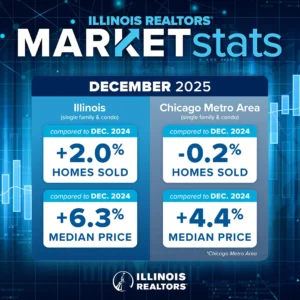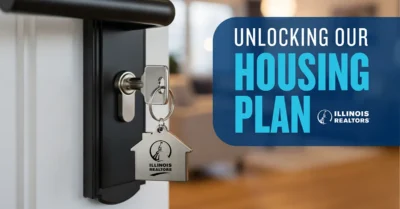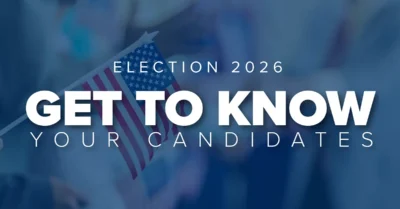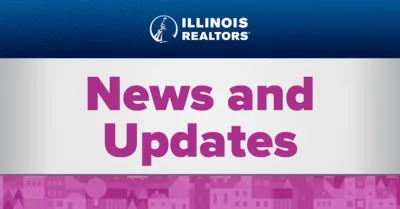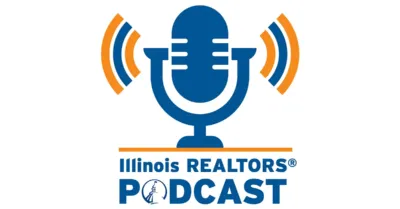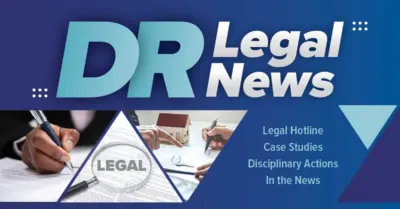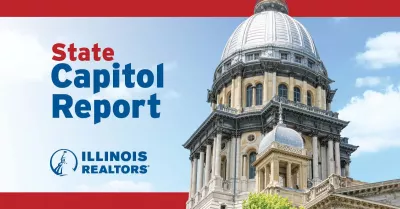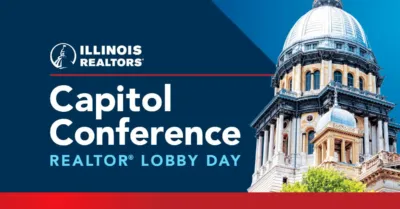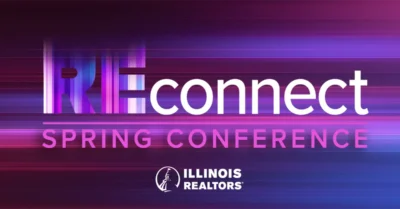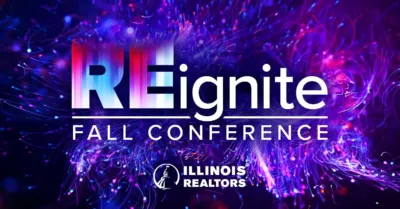October 31, 2025 State Capitol Report
Veto Session: Wrap-Up
It’s over! The whirlwind Veto Session has finally come to an end, closing out the first year of the 104th General Assembly. Over the past several days, the Illinois General Assembly considered and finalized several significant bills affecting housing, infrastructure, and energy policies directly impact real estate professionals statewide. Below are the highlights of the final week’s legislation.
Bills of Interest
The following “Bills of Interest” saw legislative action this week.
At-A-Glance
The Second Session of the 104th General Assembly will convene on Tuesday, Jan. 13, 2026, and is scheduled to adjourn Sunday, May 31, 2026. We thank all members for your continued dedication to REALTOR® advocacy and look forward to ongoing collaboration and engagement throughout the final year of the 104th General Assembly and as always…Stay tuned.
By The Numbers: Recap of the number of bills in the first year of the 104th General Assembly:
Spring and Veto Session House and Senate Bills



